- Have any questions?
- +86-189 8930 5995
- sales@mosinterchem.com.cn
Zinc Phosphate CAS 7779-90-0

Potassium Sulphate CAS 7778-80-5
19/12/2018
Ammonium Sulphate CAS 7783-20-2
19/12/2018| Model: | MOS 7779-90-0 |
| Brand Name: | MOSINTER |
| CAS No.: | 7779-90-0 |
| Molecular formula: | O8P2Zn3 |
| Molecular weight: | 386.11 |
| Melting Point: | 900°C |
| Density: | 3.99 |
| Hazard Codes: | N |
| Risk Statements: | 50/53 |
| Safety Statements: | 60-61 |
| Alias: | ZINC PHOSPHATE (ORTHO) |
Zinc Phosphate (CAS: 7779-90-0)
| Item | Index |
| Appearance | White |
| Zinc content, % | 45min |
| Phosphate, % | 40-46 |
| PH | 5-7 |
| Oil absorption, g/100g | 24-35 |
| Residue in sieve(45um) | ≤0.5% |
| Moisture, % | ≤1.5% |
Product Categories:INORGANIC & ORGANIC CHEMICALS;Inorganics;
Alphabetic;Analytical Standards;Z;Catalysis and Inorganic Chemistry;
Chemical Synthesis;Salts;Zinc Salts;ZincMetal and Ceramic Science
Zinc phosphate (Zn3(PO4)2) is an inorganic chemical compound used as
a corrosion resistant coating on metal surfaces either as part of anelectroplating
process or applied as a primer pigment (see also red lead). Zinc phosphate coats
better on a crystalline structure than bare metal, so a seeding agent is often used
as a pre-treatment. One common agent is sodium pyrophosphate.
Natural forms of zinc phosphate include minerals hopeite and parahopeite,
Zn3(PO4)2•4H2O. A somewhat similar mineral is natural hydrous zinc phosphate
called tarbuttite, Zn2(PO4)(OH). Both are known from oxidation zones of Zn ore
beds and were formed through oxidation of sphalerite by the presence of phosphate-rich
solutions. The anhydrous form has not yet been found naturally.
Zinc phosphate is formed from zinc phosphate cement and used in dentistry. Zinc phosphate
dental cement is one of the oldest and widely used cements, and is commonly used for luting
permanent metal restorations and as a base for dental restorations. Zinc phosphate cement is
used for cementation ofinlays, crowns, bridges, and orthodontic appliances and occasionally
as a temporary restoration. It is prepared by mixing zinc oxide and magnesium oxidepowders
with a liquid consisting principally of phosphoric acid, water, and buffers. It is the standard
cement to measure against. It has the longest track record of use in dentistry. It is still commonly
used; however, resin-modified glass ionomer cements are more convenient and stronger
when used in a dental setting.
You must be logged in to post a review.
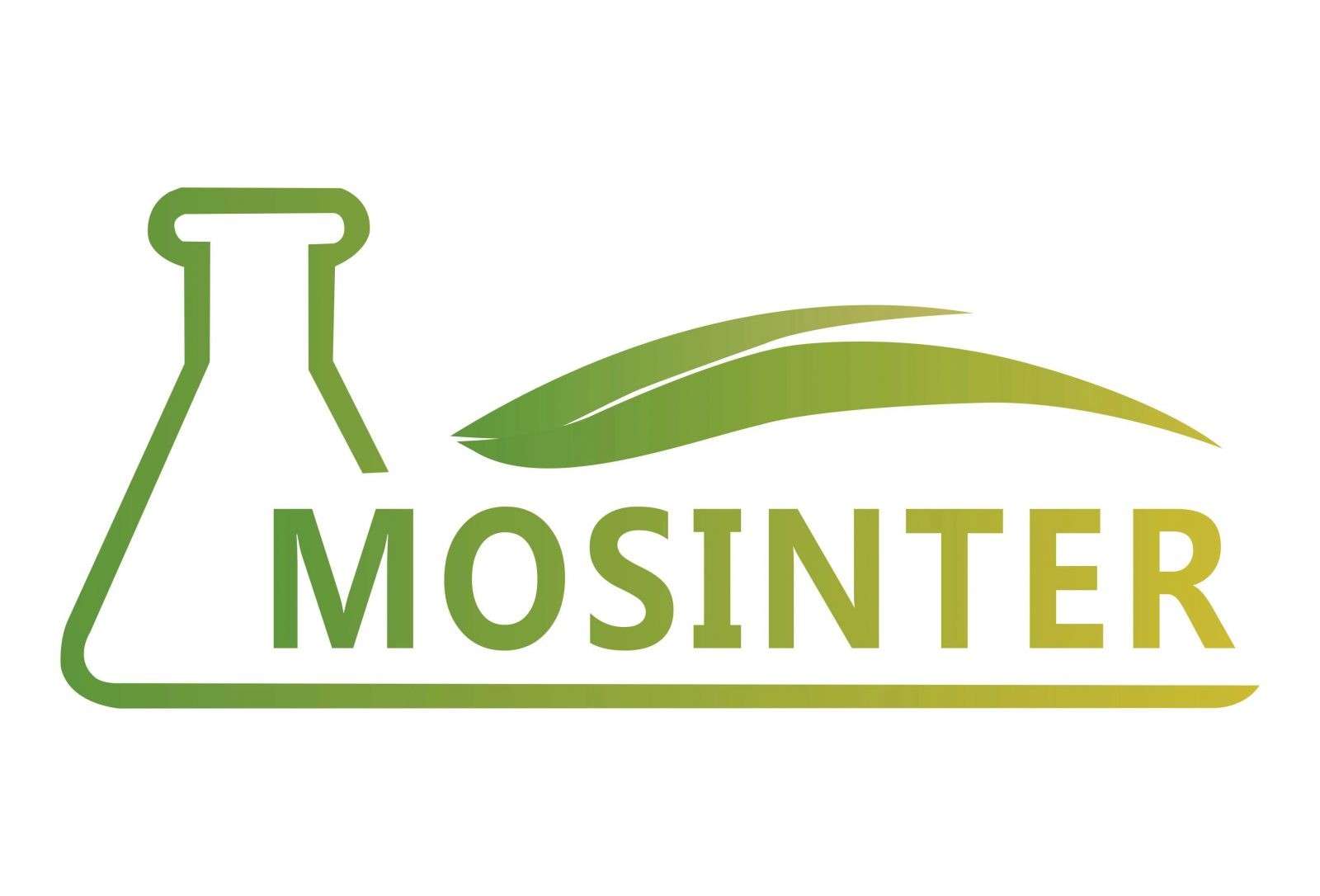
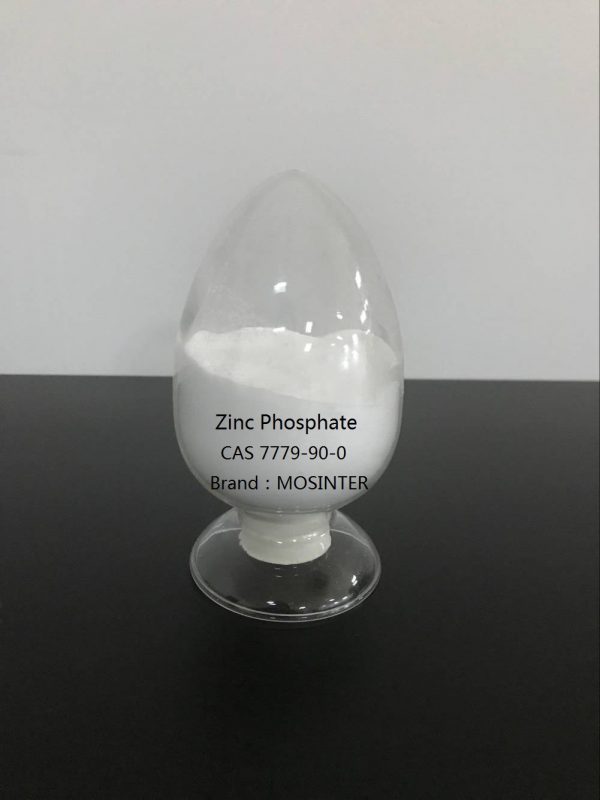
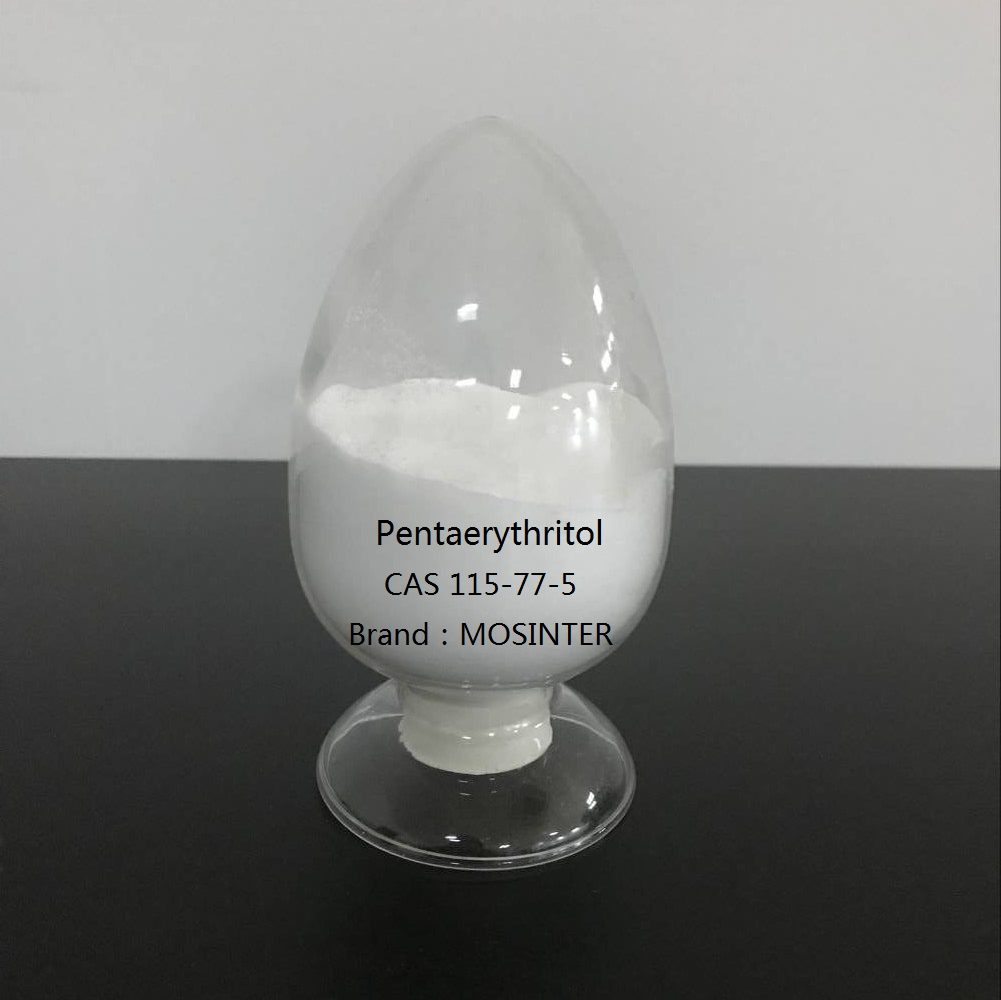
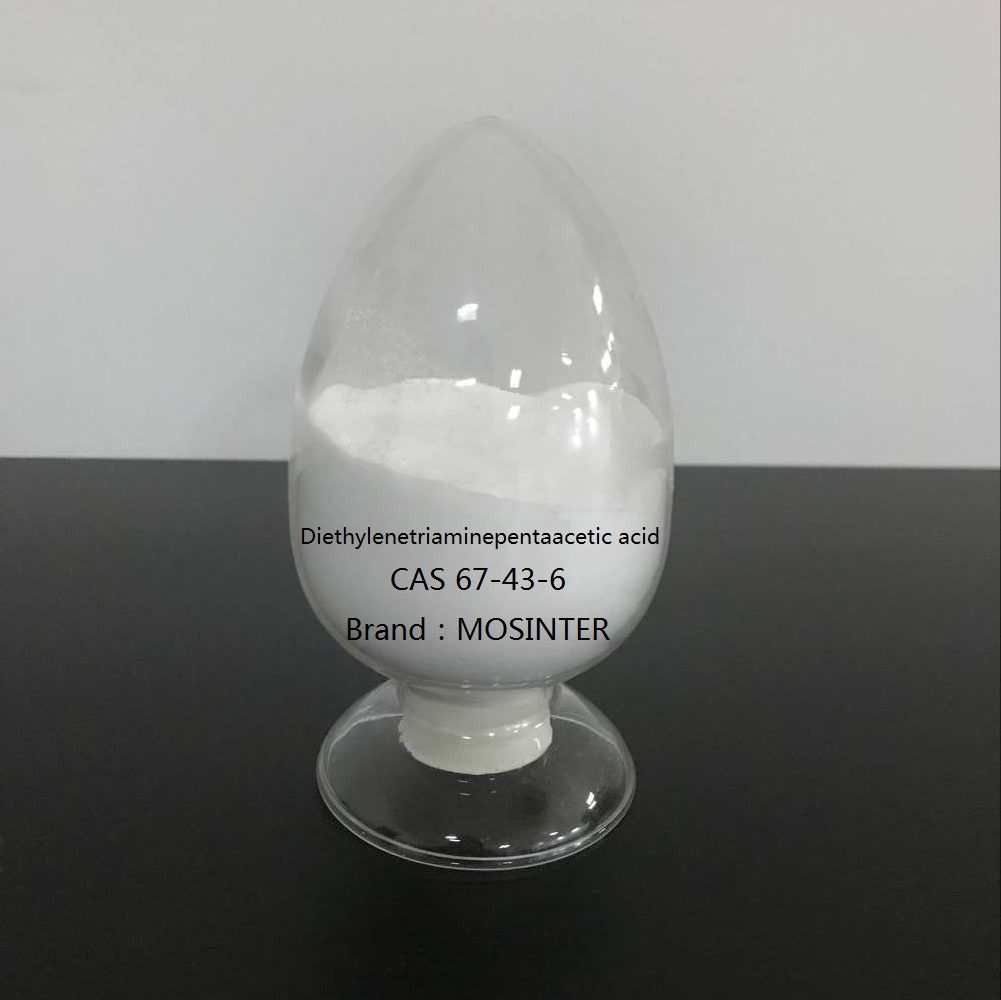
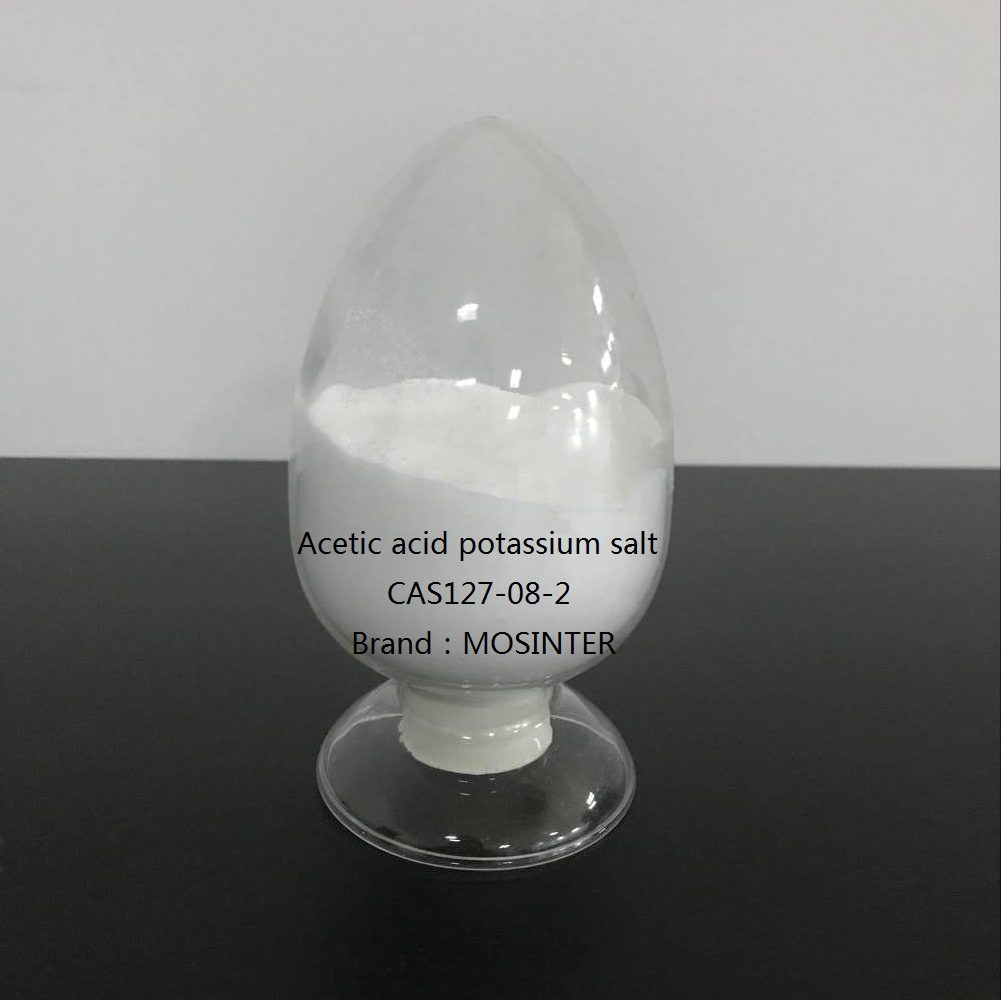
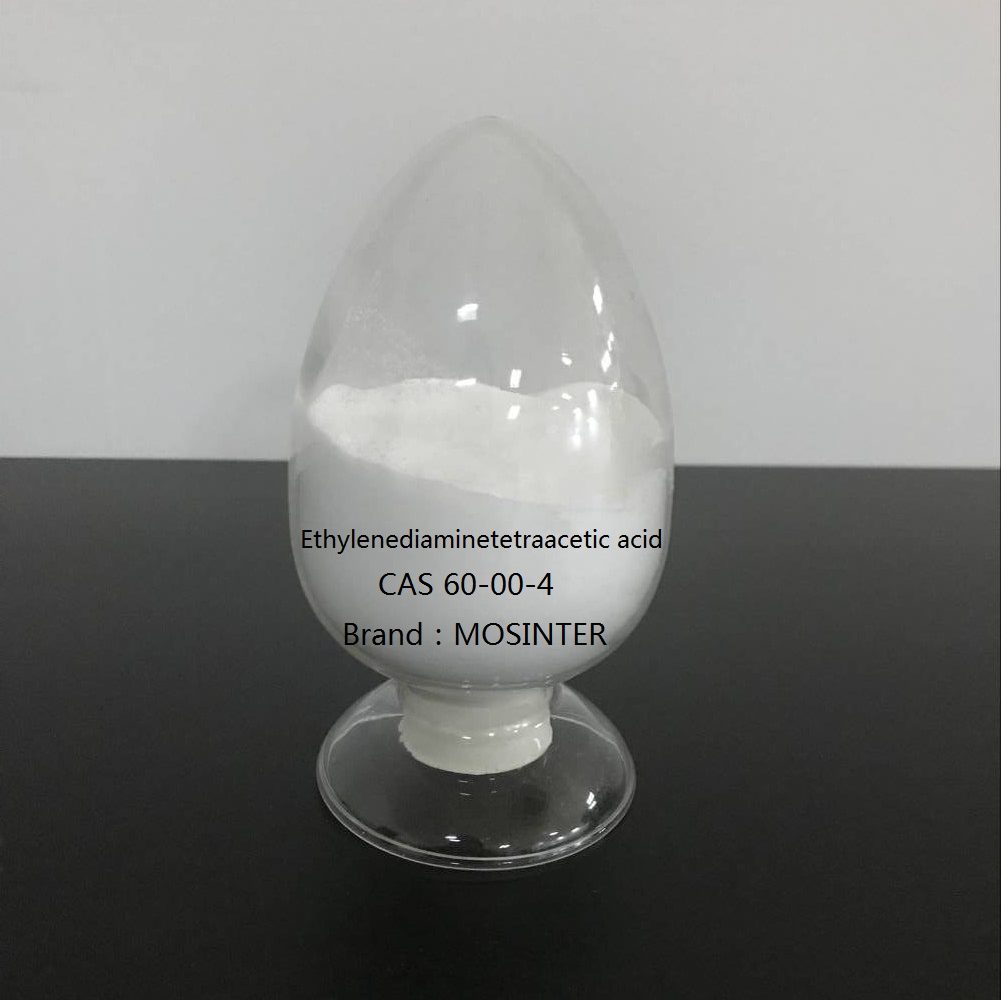
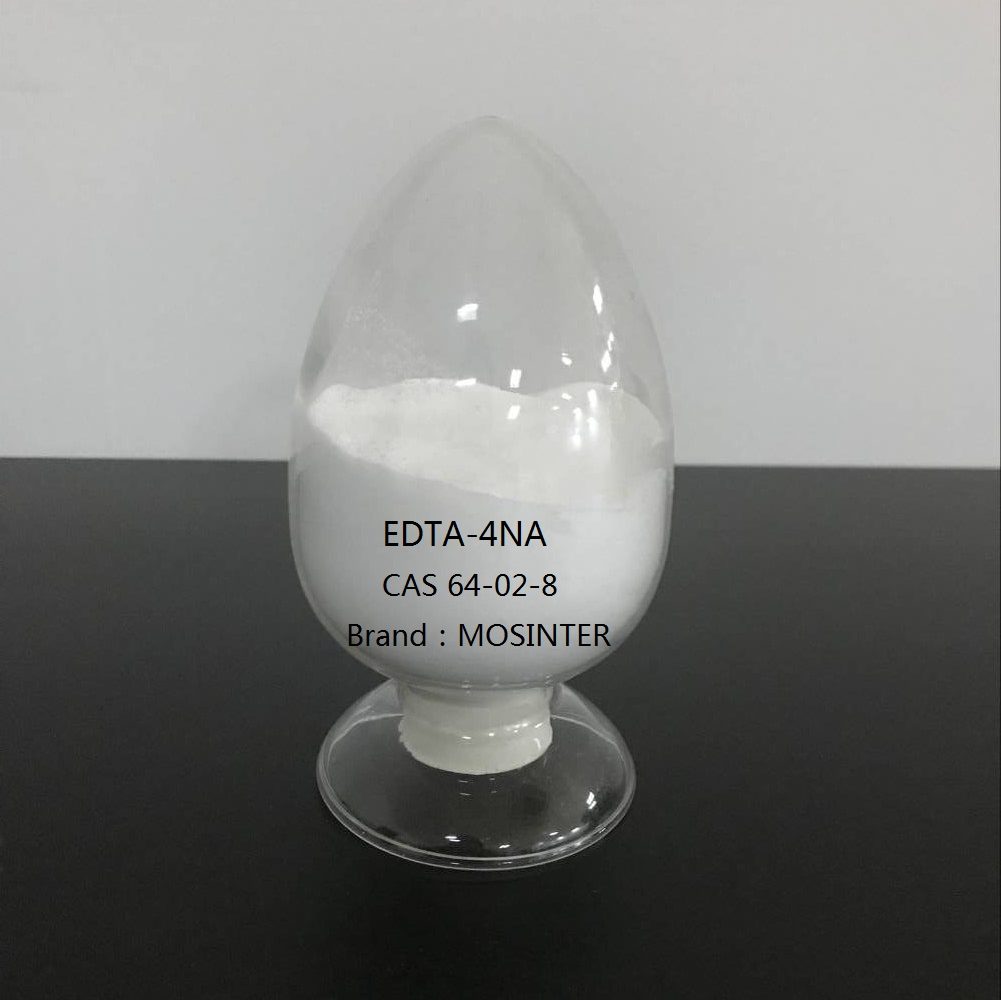
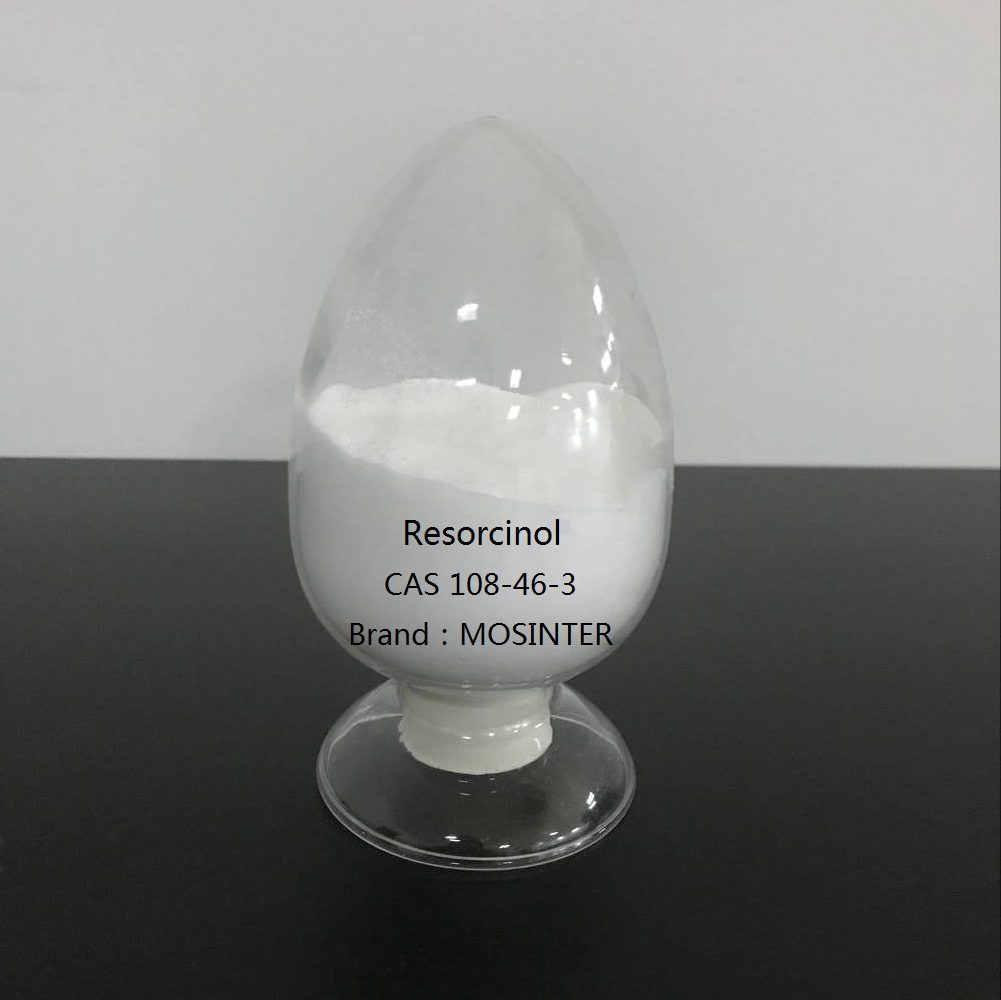
Reviews
There are no reviews yet.